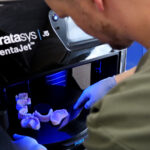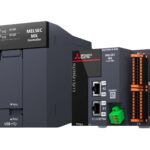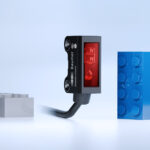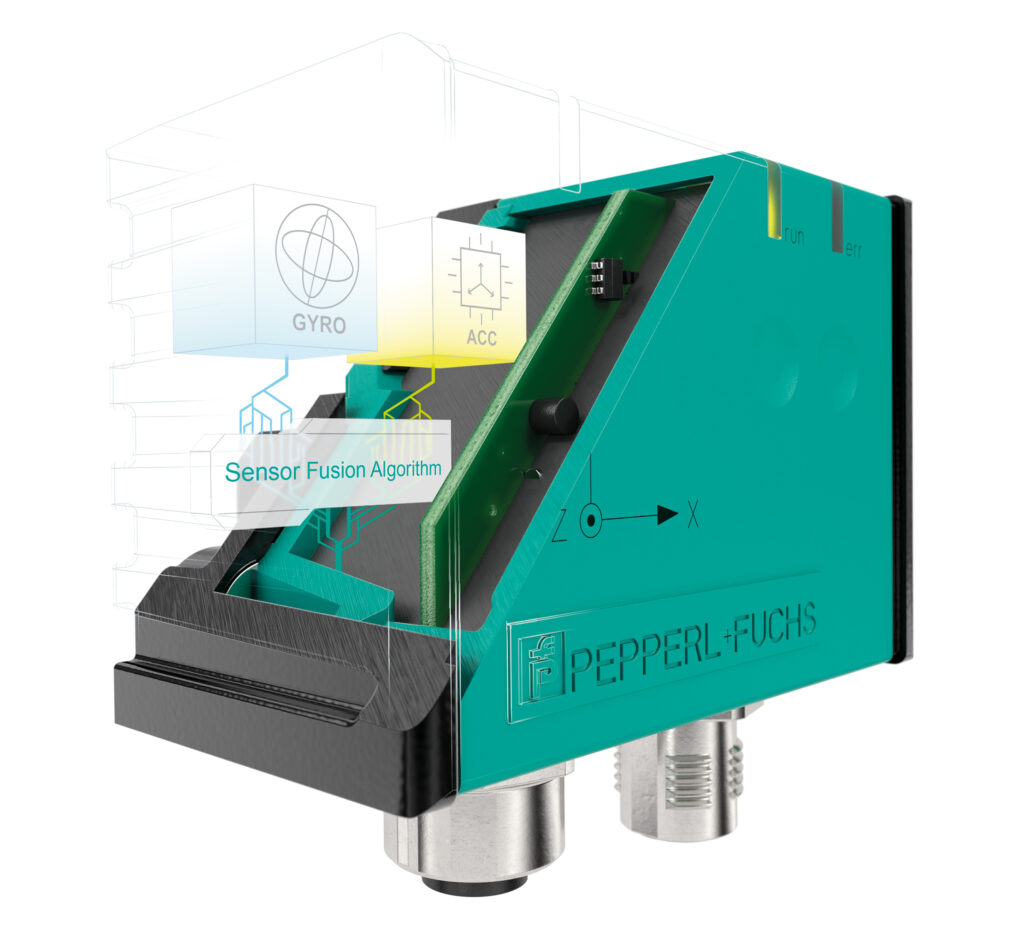
IMU F99—dynamic inclination sensor
The IMU F99 inclination sensor provides stable inclination values for mobile use on construction
machinery or robots. An integrated gyroscope compensates for accelerations, enabling precise
inclination measurement. This makes the IMU F99 sensor a significantly better choice than
conventional static inclination sensors.
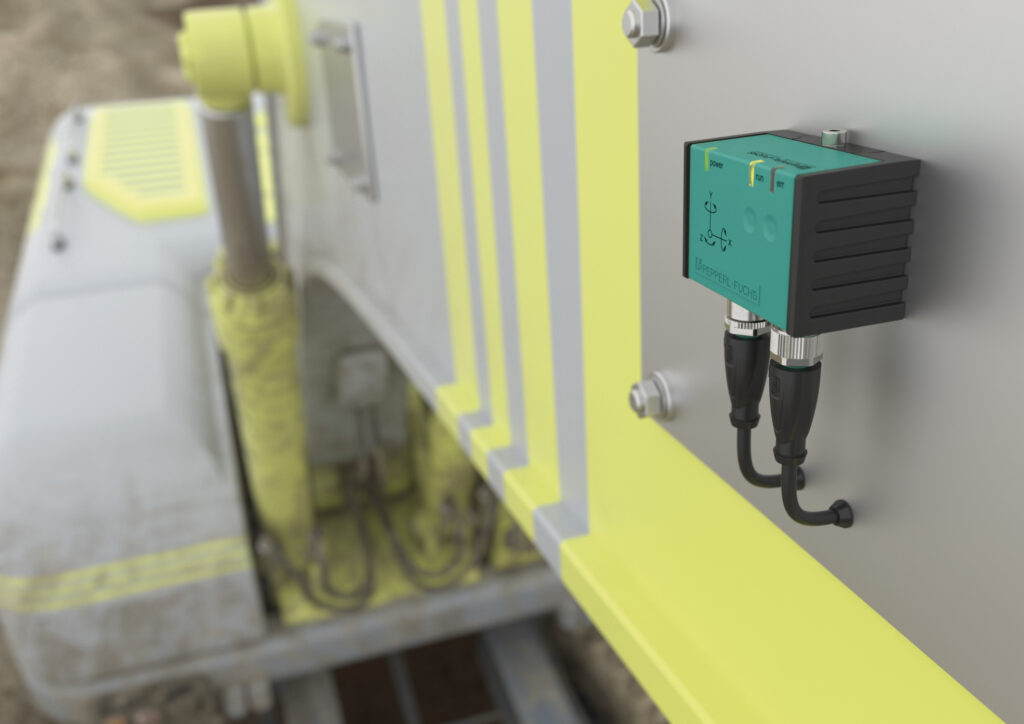
Simple mounting with no need for mechanical customization of the machine
Inclination sensors are capable of delivering extremely precise values in stationary conditions, but their
measurements can be distorted by acceleration effects.
However, in applications such as excavators, wheel loader buckets, and the booms of agricultural machines, inclination values are often required during movement. Conventional static inclination sensors are based on the measurement of gravitational force, but they also react to any other forces. As the acceleration changes, so does the inclination value. In vehicles and mobile devices, this means that accelerating, braking, centrifugal forces in bends, and any vibrations while driving can distort the measured value. These influences must be compensated for to achieve dynamic inclination measurement. For this reason, Pepperl+Fuchs has developed the innovative IMU F99 device series for mobile inclination measurements. The addition of a rotation rate sensor (gyroscope) enables the sensor to perform dynamic inclination measurement. This allows precise inclination values to be recorded even during movement.
The IMU F99 sensor can therefore be used on all mobile machines for position detection, control and
positioning of booms, anti-fall-over systems, steering angle restriction, and weighing systems.
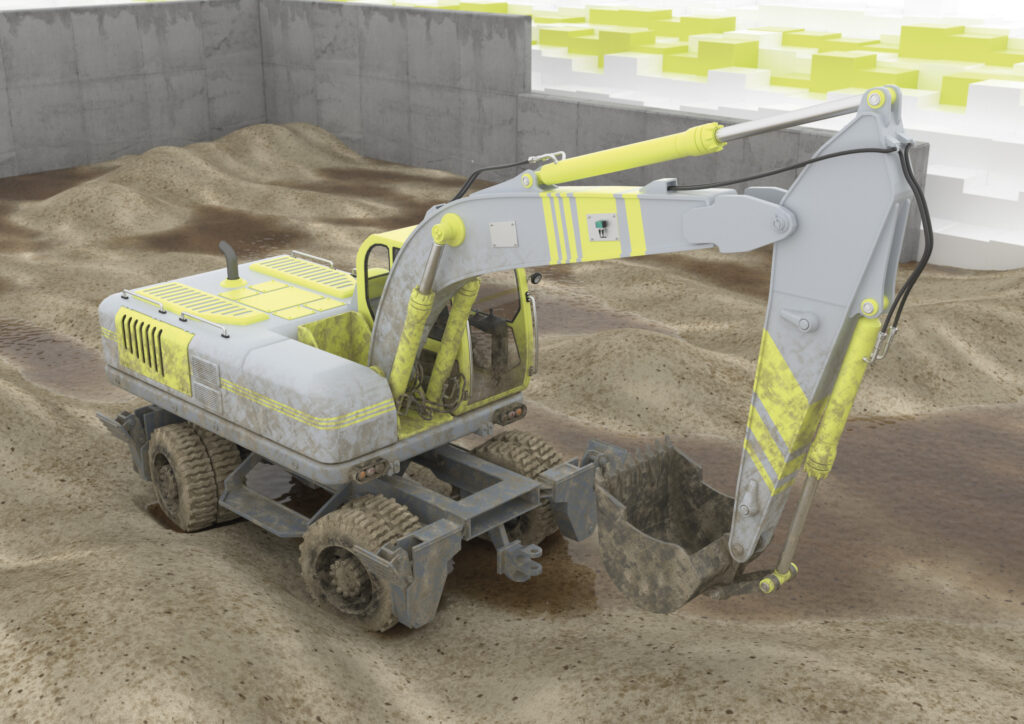
Mobile machines require the position angle of booms while driving
Pepperl + Fuchs SE

